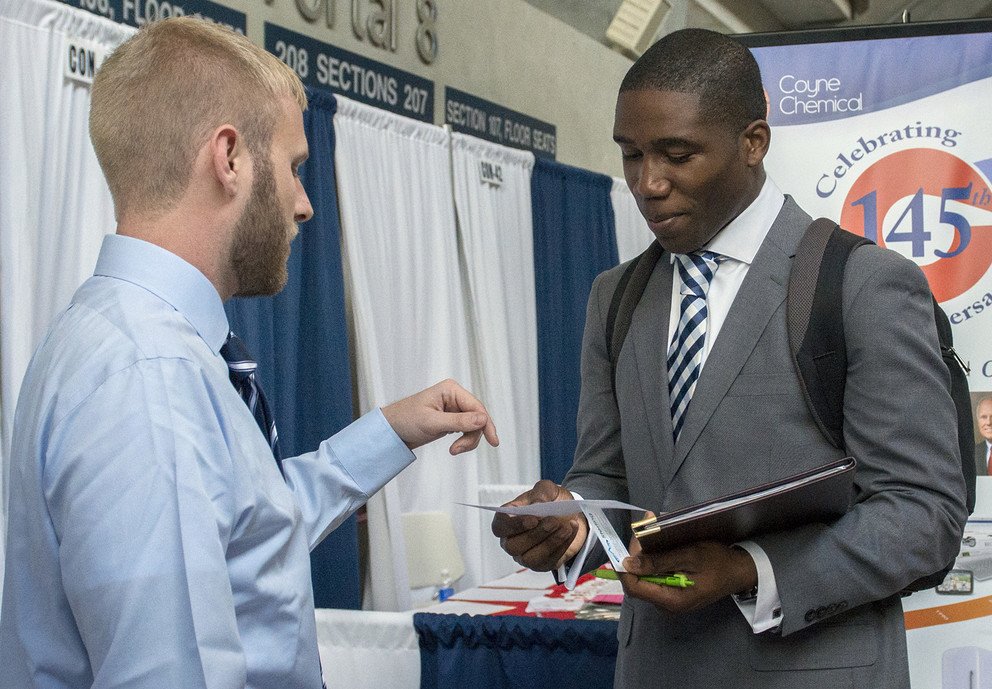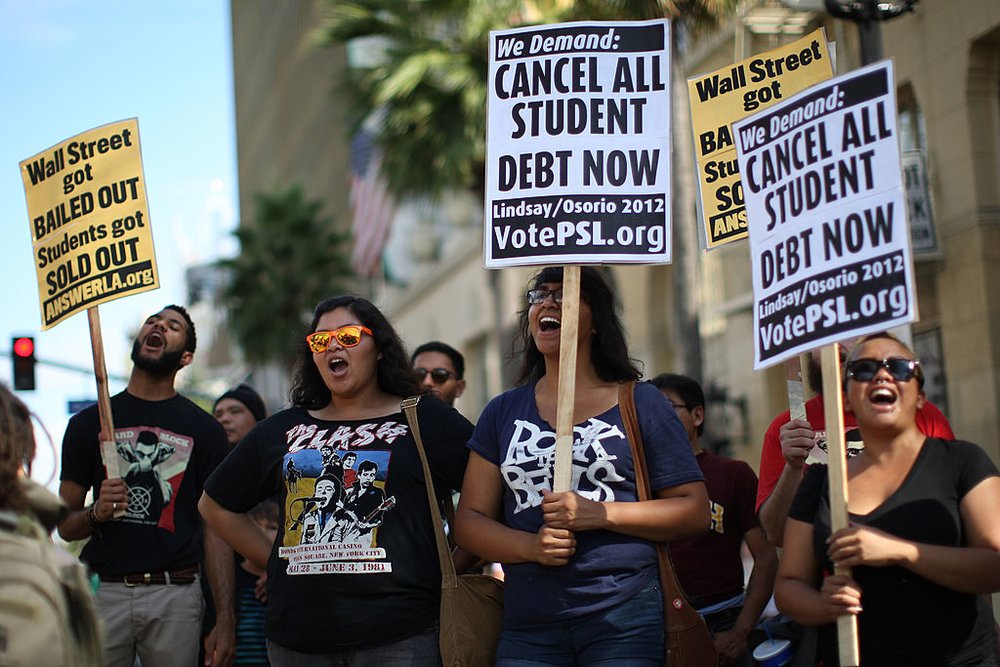A new national report shows that student debt is three times higher today than it was 10 years ago, and two-thirds of the American borrowers will never be able to pay back what they owe to the state. While many are struggling to break free from the debt, a study reveals a surprising trend among people who are able to successfully pay off the loans.

The Research office of the Bureau of Consumer Financial Protection says that most of the borrowers who pay back student loans make one lump sum payment instead of small monthly payments
Lump Sum Payments
The Research office of the Bureau of Consumer Financial Protection collected credit reports of over 270,000 anonymous borrowers who had taken student loans during the period between January 2013 and October 2017. The researchers began to analyze how soon the borrowers were able to meet their loan payments while managing other expenses such as rent and utilities.
The report showed that although many struggled to pay off their student loans, the borrowers who did manage to pay them off had one surprising trait in common. Almost all cleared student loans were paid off ahead of schedule and in one lump sum payment.
Almost 94 per cent of these lump sum payments are 55 times bigger than monthly payments, but still, many students preferred to pay their debt off all at once instead of dividing it into smaller payments. Only a small percentage of the borrowers made a lump payment equal to their scheduled monthly payments.
One of the biggest reasons why many borrowers choose to pay off their student loans early through a single payment is so that they can free up more cash to pay back other debts such as mortgage or credit card loans. Others say that getting rid of the debt all at once allows them to put more money into their budget for other expenses or start a savings account.
Motivation Behind Paying Off Debt
The data also showed that paying off student loans made borrowers more likely to apply of a mortgage within the first 12 months of being debt-free. This shows that the desire to buy a home is a big motivation behind paying back the loan.
Thomas Conkling, a CFPB economist, says that the data from the research gives the bureau important insight on what motivates borrowers to pay back their loans on time, and it turns out that a number of financial incentives play a role in their willingness of pay off the debt. The students may wish to apply for a credit card, a mortgage or a different type of loan, but the chances of doing so are greatly affected by their debt history and credit score.
However, it isn’t clear why so many borrowers choose to pay off their debt at once instead of in smaller payments. There is a chance that external factors like sudden increase in earnings or other life events, which weren’t observed in the study, motivate the borrowers’ decision to make lump sum payments. Although authors say that they could get a deeper insight into the students’ abilities to pay back loans if they had more information than just their credit reports.

A study by the Urban Institute shows that the student loan debt has increased by 300 per cent in the past 10 years
Rising Tuition Fees
A study by the Urban Institute shows that the student loan debt has increased by 300 per cent in the past 10 years and the rising tuition fees are fueling the debt industry. Compared to the national median debt of almost $17,000, the state of Washington is doing fairly well with a below-average median debt of $16,211. Almost 14 per cent of the state’s residents are paying back their college loans in comparison to the national average of 16 per cent.
Other states in the West including New Mexico, California and Wyoming where college fees are relatively low, the student debt levels are significantly below the national average which shows that debt and college tuition rates go hand-in-hand.
The author of the report, Sandy Baum, says that Washington has taken a number of steps to ensure college affordability for students who don’t have the financial means to pay high tuition fees. The state has introduced a State Need Grand for providing financial aid to low-income students in public colleges.
But almost 14 per cent of the borrowers in Washington have defaulted on their loans and have handed over to collections agencies. According to Baum, a majority of the people who defaulted on their loans were those who dropped out of college at some point and were never able to meet the debt payments.










